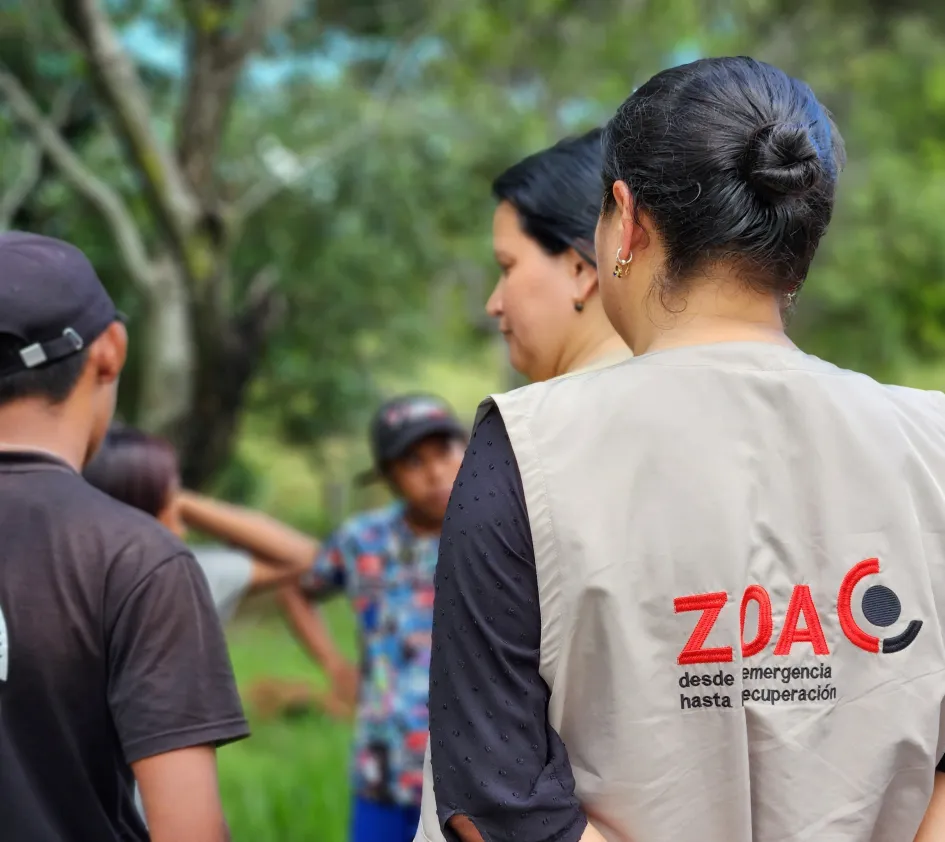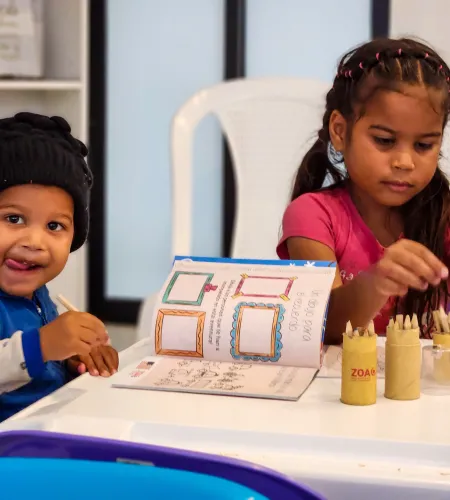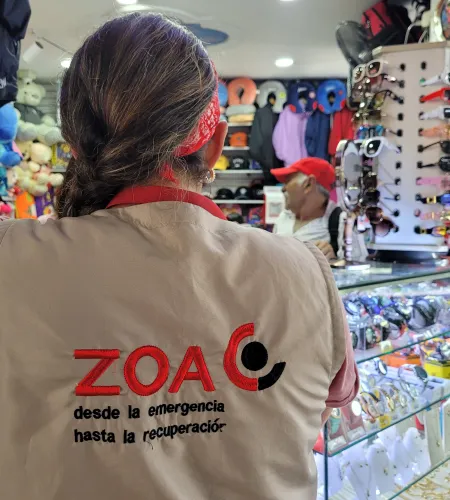Since 2022, ZOA has collaborated with Zero Hunger Lab, a research group at Tilburg University that applies data science to global food security challenges. Together, we analysed thousands of data points from ZOA’s Cash and Voucher Assistance (CVA) programme in Colombia, aiming to better understand spending behaviour, improve vendor networks, and strengthen the overall programme.
This partnership resulted in seven research projects, three of which are highlighted in our new report. Below are the main findings that have helped ZOA improve its support to people on the move.



